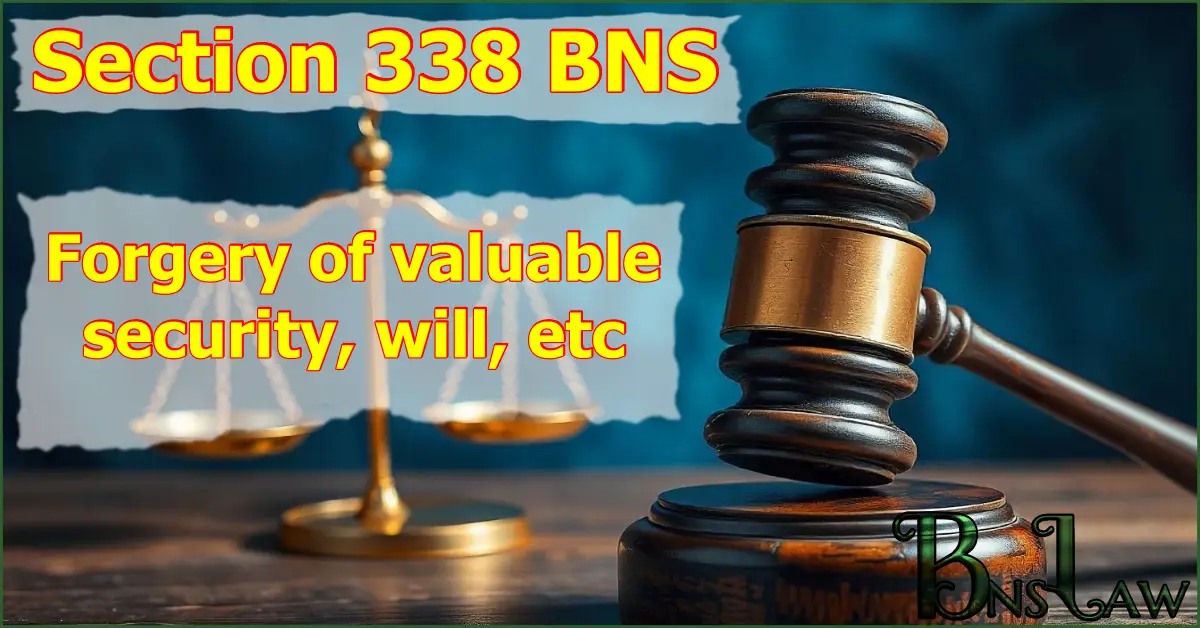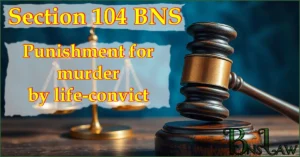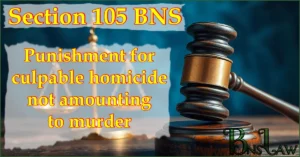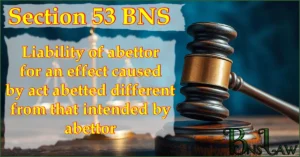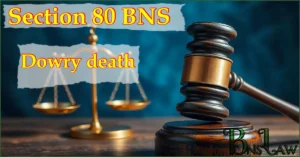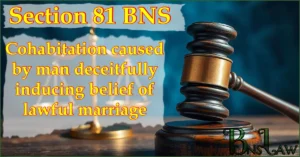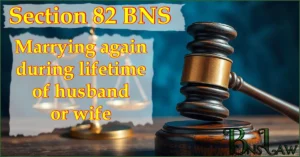Section 338 BNS | BNS 338
Whoever forges a document which purports to be a valuable security or a will, or an authority to adopt a son, or which purports to give authority to any person to make or transfer any valuable security, or to receive the principal, interest or dividends thereon, or to receive or deliver any money, movable property, or valuable security, or any document purporting to be an acquittance or receipt acknowledging the payment of money, or an acquittance or receipt for the delivery of any movable property or valuable security, shall be punished with imprisonment for life, or with imprisonment of either description for a term which may extend to ten years, and shall also be liable to fine.
READ OTHER SECTIONS OF CHAPTER XVIII — OF OFFENCES RELATING TO DOCUMENTS AND TO PROPERTY MARKS
FAQs of BNS Section 338
-
338 BNS punishment and fine
Punishment and fine under Section 338 of the BNS: Imprisonment for life, or imprisonment for 10 years and fine.
-
338 BNS cognizable or not
Forgery of a valuable security, will, or authority to make or transfer any valuable security, or to receive any money, etc.: The offence is non-cognizable.
When the valuable security is a promissory note of the Central Government: The offence is cognizable. -
338 BNS bailable or not
The offence under Section 338 of the BNS is non-bailable.
-
338 BNS trial court
Offence specified in Section 338 of the BNS is triable by the Magistrate of the first class.
Important Points
- Cognizable Offences: These are offences where a police officer can arrest a person without a warrant.
- Non-Cognizable Offences: These are offences where a police officer cannot arrest a person without a warrant.
- Bailable Offences: These are offences where the accused can get bail from the police station itself. All bailable offences are listed in the First Schedule of the Bharatiya Nagarik Suraksha Sanhita (BNSS).
- Non-Bailable Offences: Offences in which bail is not granted directly from the police station but after hearing the case in the court, the judge decides when bail will be granted. All non-bailable offences are listed in the first schedule of the Bharatiya Nagarik Suraksha Sanhita (BNSS).
- In the above FAQ, “trial court” means the court that has jurisdiction to try the offence.
- In the above FAQ, the expression “Magistrate of the first class” and “Any Magistrate” does not include Executive Magistrates.
Read other Sections of the BNS
Reference Link: New Criminal Laws (BNS), Ministry of Home Affairs

